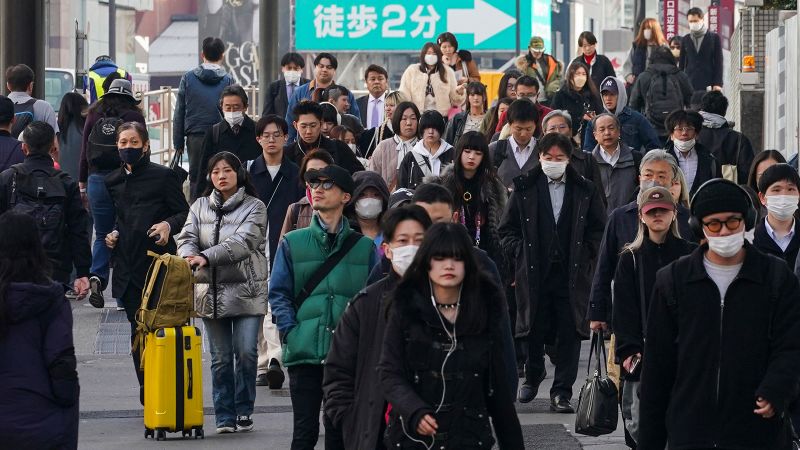Yuki Watanabe, a 24-year-old former employee at some of Japan’s largest telecoms and e-payment companies, used to work grueling hours from 9 a.m. to 11 p.m., developing health issues as a result. However, the traditionally top-down work culture in Japan made it difficult for her to resign from her job, as doing so could be seen as disrespectful. The fear of being denied resignation and forced to continue working kept her from taking action.
To help employees like Watanabe navigate the difficult process of resigning from their jobs, resignation agencies have emerged in Japan. These agencies, such as Momuri, assist workers in submitting resignation letters, negotiating with their employers, and providing legal recommendations if needed. The demand for such services grew after the Covid-19 pandemic led workers to reflect on their careers and seek ways to leave unfulfilling jobs without facing repercussions from their employers.
The overwork culture in Japan, characterized by long hours, high pressure from supervisors, and deference to the company, has led to the rise of “black firms” that exploit their employees. The government has started publishing a list of unethical employers to warn job seekers and limit these companies’ ability to hire. This harsh work environment has contributed to cases of “karoshi,” or death by overwork, with employees suffering fatal consequences due to excessive work hours and stress.
Resignation agencies like Momuri have become a resource for workers dealing with harassment and threats from employers when trying to resign. These agencies handle delicate situations where employees face resistance from their bosses, making it difficult to leave their jobs. As younger generations in Japan adopt a more assertive approach to work and prioritize their well-being, the emergence of these agencies reflects a shift in attitudes towards employment and a desire for a more balanced work-life situation.
While some experts urge employees to have direct conversations with their employers before resigning, others recognize the value of using resignation agencies to facilitate the process. The preference for non-confrontational approaches among younger workers, coupled with the impact of Covid-19 on social interactions in the workplace, has contributed to the popularity of these services. However, there is a hope that as workplace dynamics evolve, the need for resignation agencies may diminish in the future.
Despite the desire for these services to eventually disappear, resignation agencies like Momuri continue to assist workers in Japan who face challenges when resigning from their jobs. With horror stories of clients being harassed by employers or having their resignation letters torn up multiple times, these agencies provide a valuable support system for individuals looking to leave toxic work environments. As the labor market in Japan continues to evolve, the role of resignation agencies may adapt to meet the changing needs of workers seeking to assert their rights and prioritize their well-being in the workplace.


